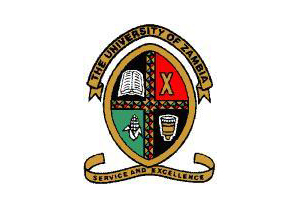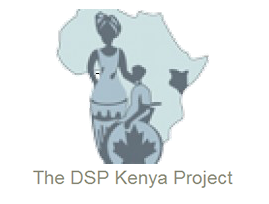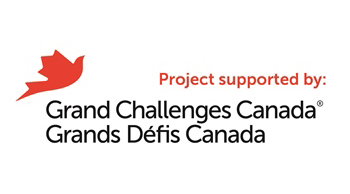1.6 – Do rehabilitation providers need special skills or training to care for people living with HIV? If so, what?
Most rehabilitation providers already have the clinical skills they need to help people living with HIV (e.g., rehabilitation assessment of patients and treatment techniques that are used for musculoskeletal, cardiorespiratory and neurological conditions).
Many diseases affect only one body system. However, HIV and its related conditions can affect every body system (e.g., neurological, musculoskeletal, cardiorespiratory). While the underlying HIV-related pathology may be new, the resulting impairments (e.g., muscle weakness, impaired memory), activity limitations (e.g., difficulty climbing stairs or getting dressed) and participation restrictions (e.g., being able to work, participating in a community group) tend to be the same as other conditions.
The rehabilitation assessment and treatment techniques for these challenges also tend to be the same.
Examples
- A pneumonia may result from HIV, but the chest physiotherapy assessment and treatment techniques are the same as other pneumonias.
- A stroke may result from HIV, but the rehabilitation assessment and treatment techniques are the same as other patients with stroke
- Cognitive dysfunction may occur as a result of HIV, but the rehabilitation assessment and treatment techniques for assisting that individual to cope with daily tasks are the same as other patients with cognitive decline
However, there is some new information that rehabilitation providers need to know about HIV, including:
- That HIV can simultaneously affect multiple body systems
- The side effects of HIV treatments that may cause disability
- The unique forms of HIV-related stigma that may disable people as much as the virus itself
- Psychosocial aspects of living with HIV and where to refer for counselling
Another concern is that rehabilitation providers may not feel skilled enough to care for people living with HIV.16,17,18 This is the primary purpose of this resource: to equip rehabilitation providers with guidance on the care of people living with HIV, in order to improve quality of life.
16Mangrey, A, Naidoo, L, Naidoo, T, Puckree, T. Community service physiotherapists -- what do they know about HIV/AIDS? South African Journal of Physiotherapy. 2010;66/3(32-36), 03796175.
17Puckree T, Kasiram R, Moodley M, Singh RM, Lin J. Physiotherapists and human immunodeficiency virus/acquired immune deficiency syndrome: knowledge and prevention: a study in Durban, South Africa. International Journal of Rehabilitation Research. 2002 Sep;25(3):231-4.
18Useh U, Akinpelu AO, Makinde GB. HIV/AIDS Pandemic: Comparative Knowledge and Roles of Physiotherapists in Two African Countries. Physiotherapy. 2003;89(12):720 -727.

 Previous Page
Previous Page




